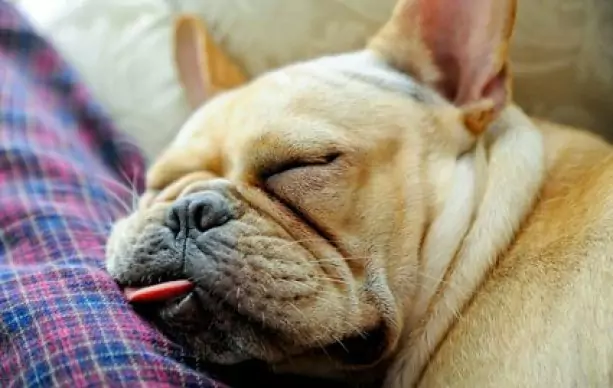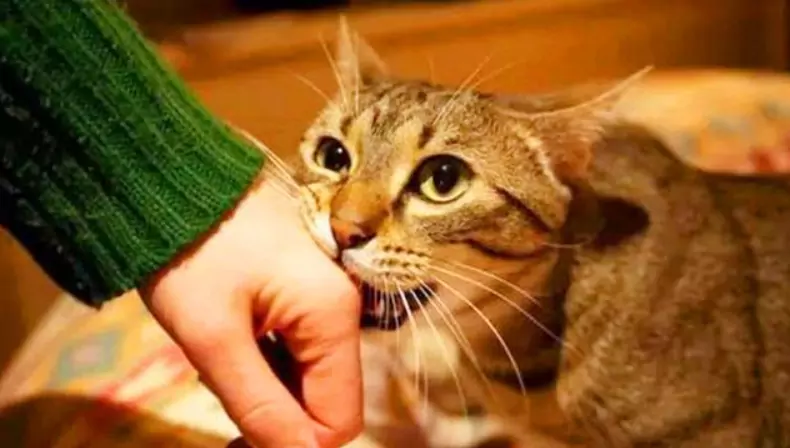Why do cats snore? Why do cats purr
2022-06-22
Why do cats snore
A. Born with a special facial structure
Some cats are born with a special facial structure and have a flat bun face, which leads to poor breathing and snoring during sleep because of the shortened nasal bones and the curved structure inside the nasal cavity and upper respiratory tract.
Just like Persian cats, Garfield cats, and other breeds of cats with small and short noses, they are most likely to snore while sleeping.
Second, improper sleeping position
Cats are more sensitive to their surroundings, they will feel especially secure, and will feel comfortable when sleeping, making all kinds of odd sleeping postures. When a cat's body and neck are twisted at a greater angle, air will be obstructed and not flow when breathing, resulting in snoring sounds. However, this type of situation rarely occurs because cats feel suffocated and are made to breathe more smoothly by adjusting their posture.
III. Lesions in the respiratory tract
In addition to the exclusion of natural phenomena and physiological reactions, if the cat still snores in bed, it is very likely that the respiratory tract has become diseased.
Cats with rhinitis, pharyngitis, bronchitis and other diseases can make breathing problems and purr. At this time, if the pooper scooper is not sure, it is best to take the cat to the hospital to do an upper respiratory tract examination.
Fourth, excessive obesity
Obesity is a crucial reason for cats to snore. Like humans, excessive obesity and excess fat will wrap around the physiological organs in the body, which will contribute to the thickening of the pharyngeal wall, narrowing of the throat and trachea, and enlargement of the soft palate, which is not conducive to the healthy growth of cats.
If you do not help your cat lose weight, it may be fatal in the long run. Do not let your cat become overly obese, plan your diet and create a weight loss program.
In the daily diet, try to choose some light and nutritious cat food, such as this "Greedy Cat Food", low salt and low oil, using fish, duck meat, beef as raw materials, protein in the 38-40%, just to meet the nutritional needs of cats, but also to avoid excessive obesity.
If you want your cat to grow up healthily, you should also take your cat to exercise more often. Exercise can consume excessive fat accumulation in the body. There are many ways to take your cat for exercise, such as playing small games or training your cat in basic common sense.
Cats may not like to move, so the owner can take a small snack to tempt the cat, after all, they are more greedy, no resistance to food. Snacks are best to choose some grinding teeth and beautiful hair ingredients, such as freeze-dried chicken particles, cats also love to eat. Strengthen the management care of your cat to grow up healthy.
What happened to the cat not snoring anymore
When a cat sleeps next to its owner or is intimate with you, it can often be heard to make a continuous "purring, purring" sound. Most people mistakenly believe that this is the cat snoring in its sleep, but in fact, the purring sound is the sound made by the cat's pseudo-vocal cords when they vibrate. From a medical point of view, the skeleton of the cat's larynx consists of the thyroid cartilage and the cricoid cartilage. The laryngeal cavity is divided into 3 parts, the upper part is the laryngeal vestibule and the trailing edge is the pseudovocal cords. The cavity between the pseudovocal cords and the true vocal cords is the second part of the laryngeal cavity. The third part is the cavity between the vocal cords and the cartilaginous ring, which is very narrow. The cat's purr is the sound made by the resonance of the laryngeal cavity when the pseudovocal cords vibrate. In fact, cats do not fall asleep when they snore. Cats do not snore when they are playing, when they are nervous, or when they are really asleep. Only when the cat feels satisfied or relaxed in the owner's arms will it make a light purring sound. In this regard, adult cats and Persian cats are more prominent, while kittens generally rarely snore. While Persian cats purr because of their short nasal passages, adult cats purr because they know how to enjoy their cat's life and understand human affection and intimacy better. In addition, if a kitten or a big cat keeps purring no matter what the situation is, it may be a respiratory virus, so don't take this lightly.
Why do cats purr
Purring is the sound made by the cat's false vocal cords when they vibrate. From a medical point of view, the skeleton of the cat's larynx consists of the thyroid cartilage and the cricoid cartilage. The laryngeal cavity is divided into 3 parts, the upper part is the laryngeal vestibule and the trailing edge is the pseudovocal cords. The cavity between the pseudovocal cords and the true vocal cords is the second part of the laryngeal cavity. The third part is the cavity between the vocal cords and the cartilaginous ring, which is very narrow. The cat's purr is the sound made by the resonance of the laryngeal cavity when the pseudovocal cords vibrate. In fact, cats do not fall asleep when they purr, they do not purr when they are playing, when they are nervous and when they are really asleep. Only when the cat feels satisfied or relaxed in the owner's arms will it make a light purring sound. In this regard, adult cats and Persian cats are more prominent, while kittens generally rarely snore. While Persian cats purr because of their short nasal passages, adult cats purr because they know how to enjoy their cat's life and understand human affection and intimacy better. In addition, if a kitten or a big cat keeps purring no matter what the situation is, it may be a respiratory tract infection and should not be taken lightly.
There are several reasons why cats purr
1. They are in a good mood and feel happy. The purring sound made by cats is the sound made by the resonance of the larynx when the pseudovocal cords vibrate. The cat will make this light purring sound whenever it feels satisfied, excited, and emotionally and mentally relaxed.
2, it wants you to come close to it and pet it. When the cat wants you to play with it or indicate that it is happy and satisfied, it will make a purring sound to attract your attention and will be very lively and loud. When the cat is lying next to its owner sleeping or intimate with you, it can often be heard purring continuously.
3, they are very comfortable, when you give it a massage when it purrs, which means that it likes your massage, feels very comfortable and is encouraging you to continue to do so.
4銆乀hey like someone or something very much, some cats will purr as long as they are snuggled up to their owners.
5銆丼ometimes when stretching its limbs and being very lazy, it will also make purring sounds.
6銆乄hen it is sick or in pain, it will also purr. If a kitten or a big cat keeps purring no matter what the situation is, it may be a respiratory infection virus. 7銆乁ncomfortable, sometimes a cat will purr when it is uncomfortable, it is using this sound to calm itself down.
Why cats snore even when they are not sleeping
In fact, cats do not fall asleep when they snore. Cats do not snore when they are usually playing, when they are nervous and when they are really asleep. Only when the cat feels satisfied or relaxed in the owner's arms will it make a soft purring sound. In this regard, adult cats and Persian cats are more prominent, while kittens generally rarely snore. While Persian cats purr because of their short nasal passages, adult cats purr because they know how to enjoy their cat's life and understand human affection and intimacy better. In addition, if a kitten or a large cat purrs incessantly regardless of the situation, it is possible that the cat has a respiratory virus and should not be taken lightly. Most people mistakenly believe that this is a cat snoring in its sleep, but in fact, it is a sound made by the cat's pseudo-vocal cords vibrating. From a medical point of view, the skeleton of the cat's larynx consists of the thyroid cartilage and the cricoid cartilage. The laryngeal cavity is divided into 3 parts, the upper part is the laryngeal vestibule and the trailing edge is the pseudovocal cords. The cavity between the pseudovocal cords and the true vocal cords is the second part of the laryngeal cavity. The third part is the cavity between the vocal cords and the cartilaginous ring, which is very narrow. The purring sound of the cat is the resonance of the laryngeal cavity when the pseudovocal cords vibrate.
Was this article helpful to you?
Other links in this article
English:
Why do cats snore? Why do cats purr
Nederlands:
Waarom snurken katten? Waarom spinnen katten?
português (Brasil):
Por que os gatos ressonam? Por que os gatos ronronam?
Comments
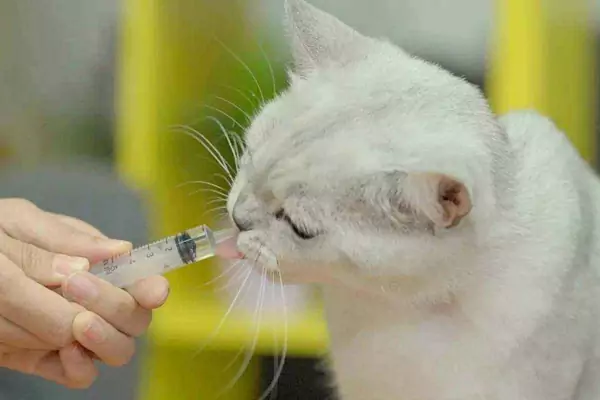
How do I get my cat to take medication?
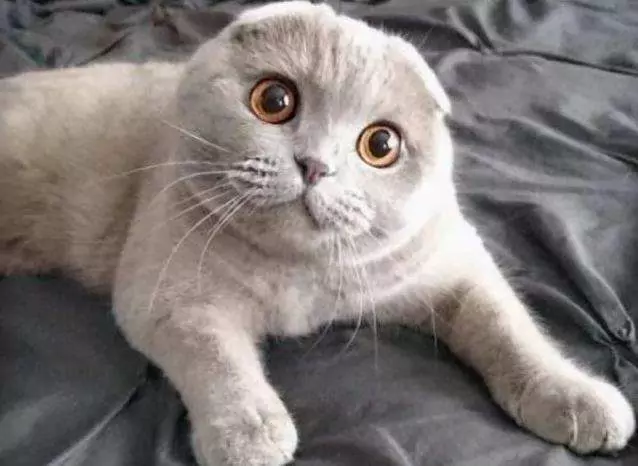
How long can cats live? Symptoms of cats before they die
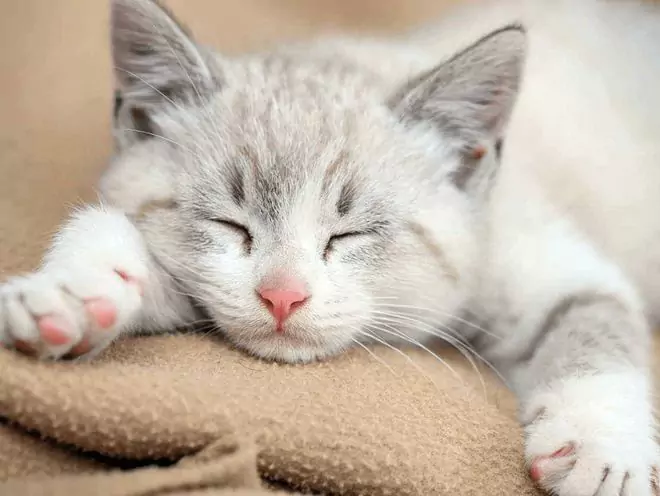
Do cats get colds? What is a cat's cold?
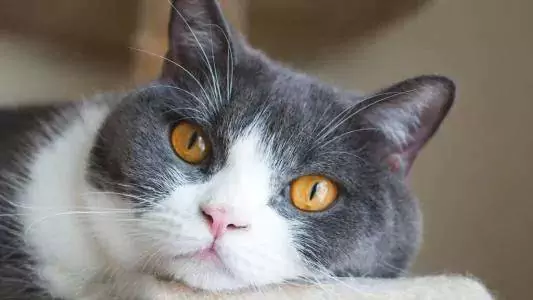
Why do cats sneeze? What are the reasons why cats sneeze?
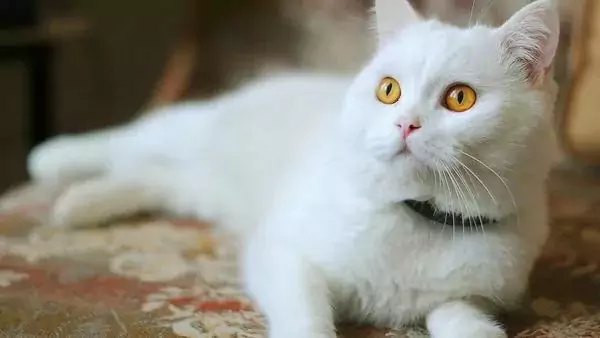
How to get rid of fleas on cats naturally? Why do cats have fleas on their bodies?
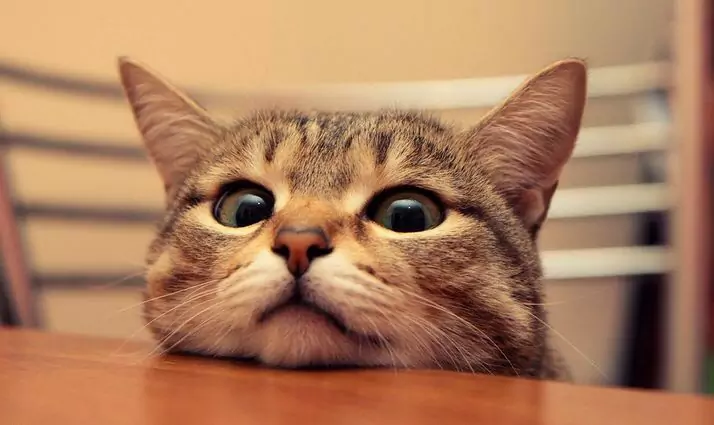
How to check for ear mites in cats
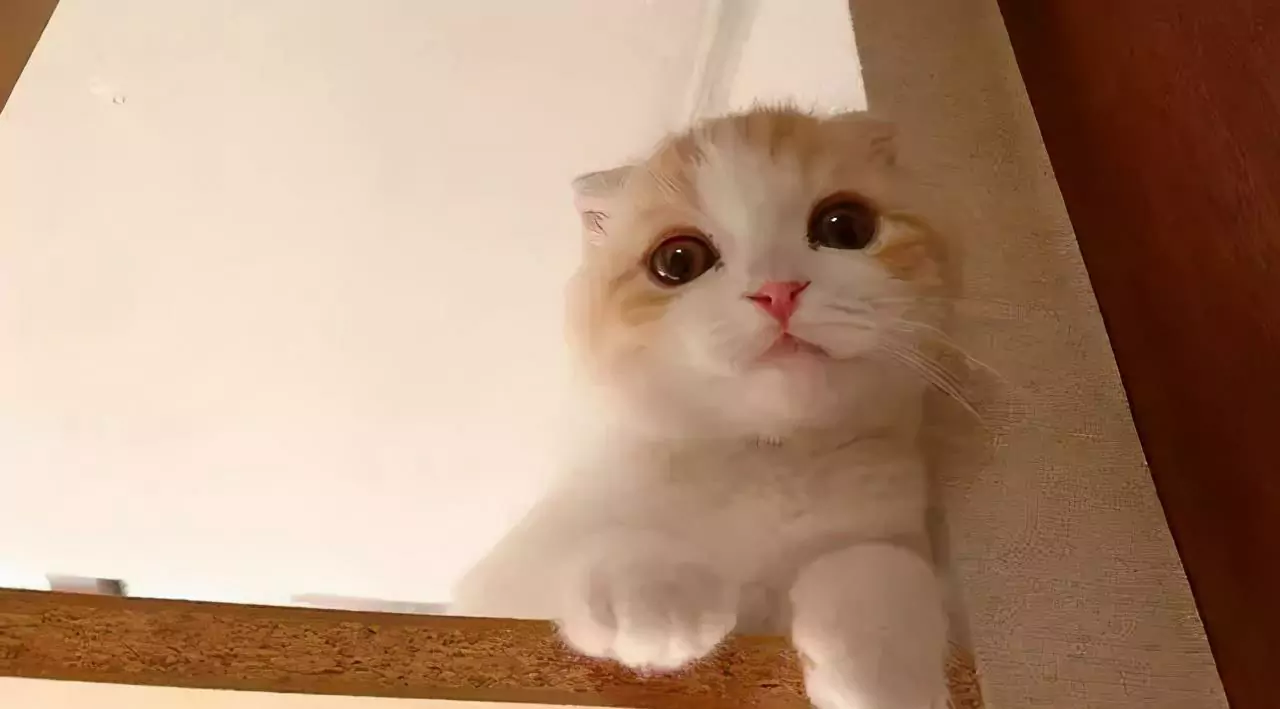
Why do cats vomit? Judging cats based on vomiting
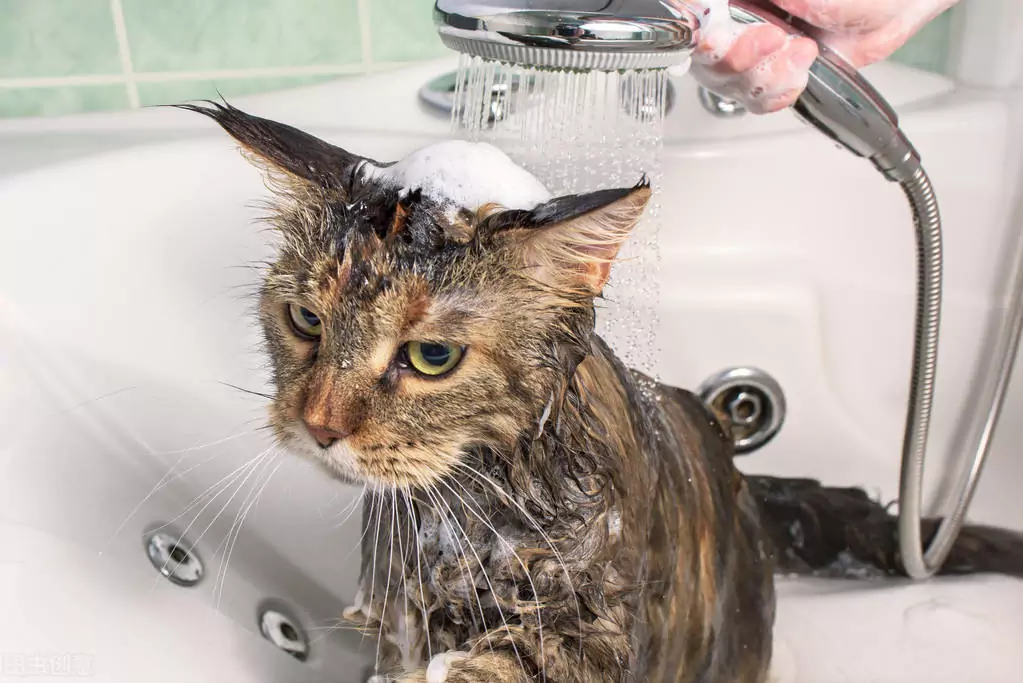
How do get rid of fleas on cats? How can I tell when I have fleas on my cat? How to prevent fleas?
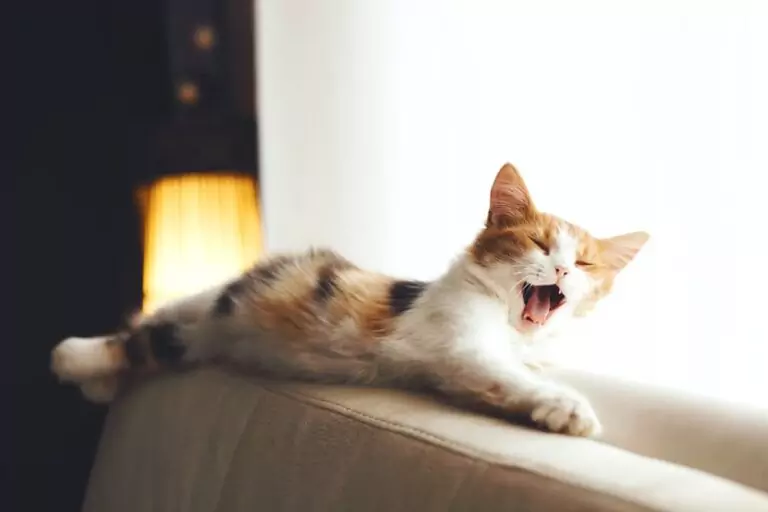
Why does my cat cough
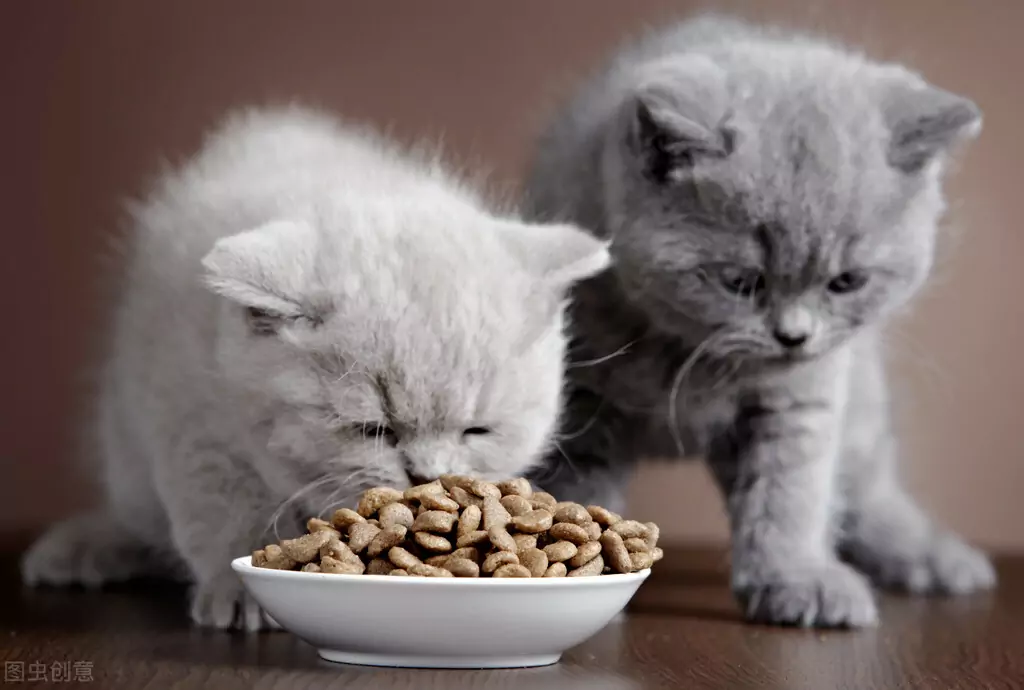
Why does my cat vomit undigested food? Causes of vomiting in cats









